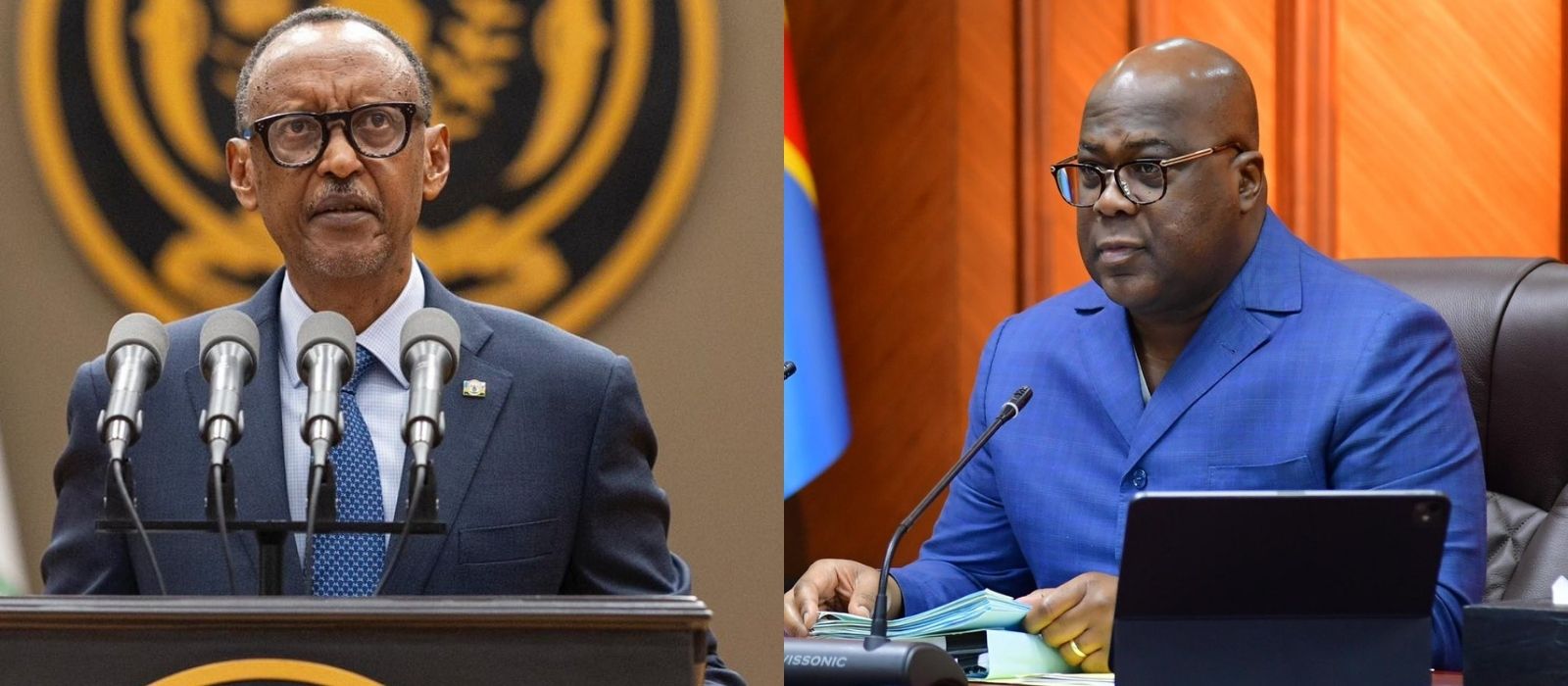
Cease-fire mediator Angola is set to host a summit on December 15 aimed at advancing peace talks between the Democratic Republic of Congo (DRC) and Rwanda regarding the conflict in the DRC’s troubled eastern regions. The announcement was made by Angolan President João Lourenço during his diplomatic visit to South Africa this week.
Since 2021, the Kigali-backed M23 rebel group, largely composed of ethnic Tutsi militants, has seized significant territory in eastern DRC, displacing thousands and causing a humanitarian crisis. Although a truce mediated by Angola in August stabilized the front lines, the M23 resumed localized offensives in late October, further destabilizing the region.
Despite violations of the cease-fire, both the DRC and Rwanda have continued diplomatic dialogue under Angola’s mediation. Early in November, the two nations established a committee, led by Angola and including representatives from both sides, to monitor cease-fire violations.
President Lourenço’s decision to organize the summit is described as part of “ongoing efforts to find a lasting solution” to the conflict. The summit will take place in Luanda, Angola’s capital.
Key progress was reported last week when Kinshasa and Kigali approved a concept of operations document. This document, considered a critical tool, outlines the terms for Rwandan troops to disengage from Congolese territory, according to Angola’s foreign ministry. The plan is expected to guide the implementation of a harmonized strategy for peace between the neighboring nations.
An earlier draft of the plan, dated August, made the dismantling of the Democratic Forces for the Liberation of Rwanda (FDLR)—a militia created by former ethnic Hutu leaders involved in the 1994 Rwandan genocide—a precondition for Rwanda’s troop withdrawal. Kigali views the FDLR as a persistent security threat.
Eastern DRC has endured decades of internal and cross-border violence, fueled by its mineral wealth and involving various militias. The conflict, often labeled “Africa’s world war,” has drawn in multiple countries, including Zimbabwe, South Africa, Rwanda, Uganda, Burundi, and the Central African Republic, among others.
The upcoming summit represents a renewed effort to resolve one of Africa’s longest-running and most complex conflicts.


